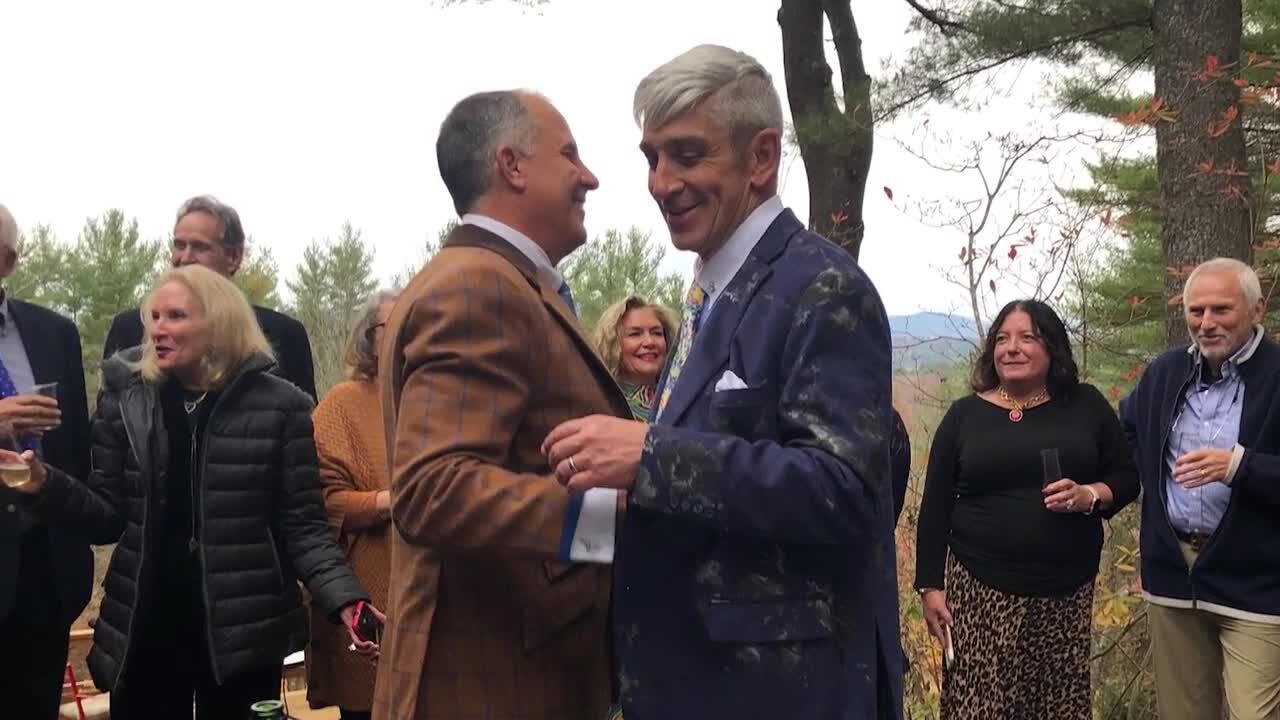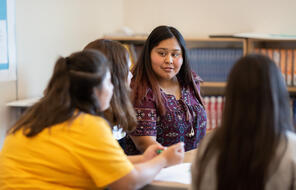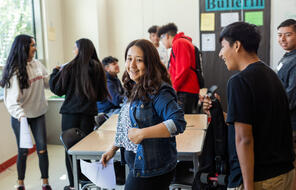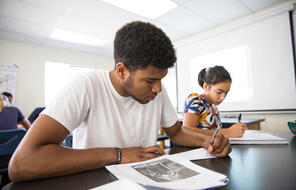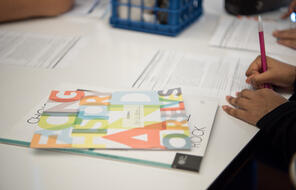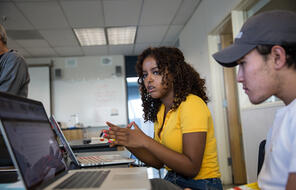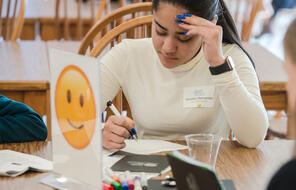I've had to navigate a lot of borders in my life. And we can think of borders in many ways, right? We can think of it as a division, but it's also a meeting place. So several borders that I've had to negotiate.
One, for example, is a socioeconomic border. Growing up as a working class, lower working class immigrant family, we didn't have a lot of access to the humanities or the arts and particularly not poetry. I came to writing and to the arts much later in life at 27. I became a civil engineer, and that has been my career for several decades before I became an official full-time poet. So that was one kind of border.
The other is a cultural border. What little my parents did know about art or whatnot was all sort of Cuban artists or Cuban authors. My parents didn't even know who Robert Frost was, for example. They don't even know who The Rolling Stones were. So whatever was outside the house, another world that I had to explore. Crossing between those two spaces became part of my life.
Another kind of border is my sexuality. Again, all these borders also kind of intersect, right? Because you can't really separate one from the other. My grandmother who was my primary caretaker was very homophobic and also very xenophobic. So anything that was culturally odd to her, she lumped into the queer or the gay bin. So oatmeal was gay, The Brady Bunch was gay. Like, anything she couldn't understand culturally was odd to her, right? And therefore, in a sense, queer.
That's another border that I've had to cross and negotiate a whole new sense of self, refinding another kind of home that isn't necessarily a geographical home but a home in terms of community, in terms of safe space, in terms of support, in terms of living a life that you can feel you can live without shame or fear. And that itself is a kind of another definition of home, right? Another place we long for.
I'm also Cuban gay. So, like, these borders keep on intersecting all the time. My ideal connection is a Cuban gay community, right? So all these things are always in flux and in motion and always negotiating them. And sometimes they're meeting grounds. And sometimes they're places, you just live in one place for a little while and try and cross and live in another place for a little while.
